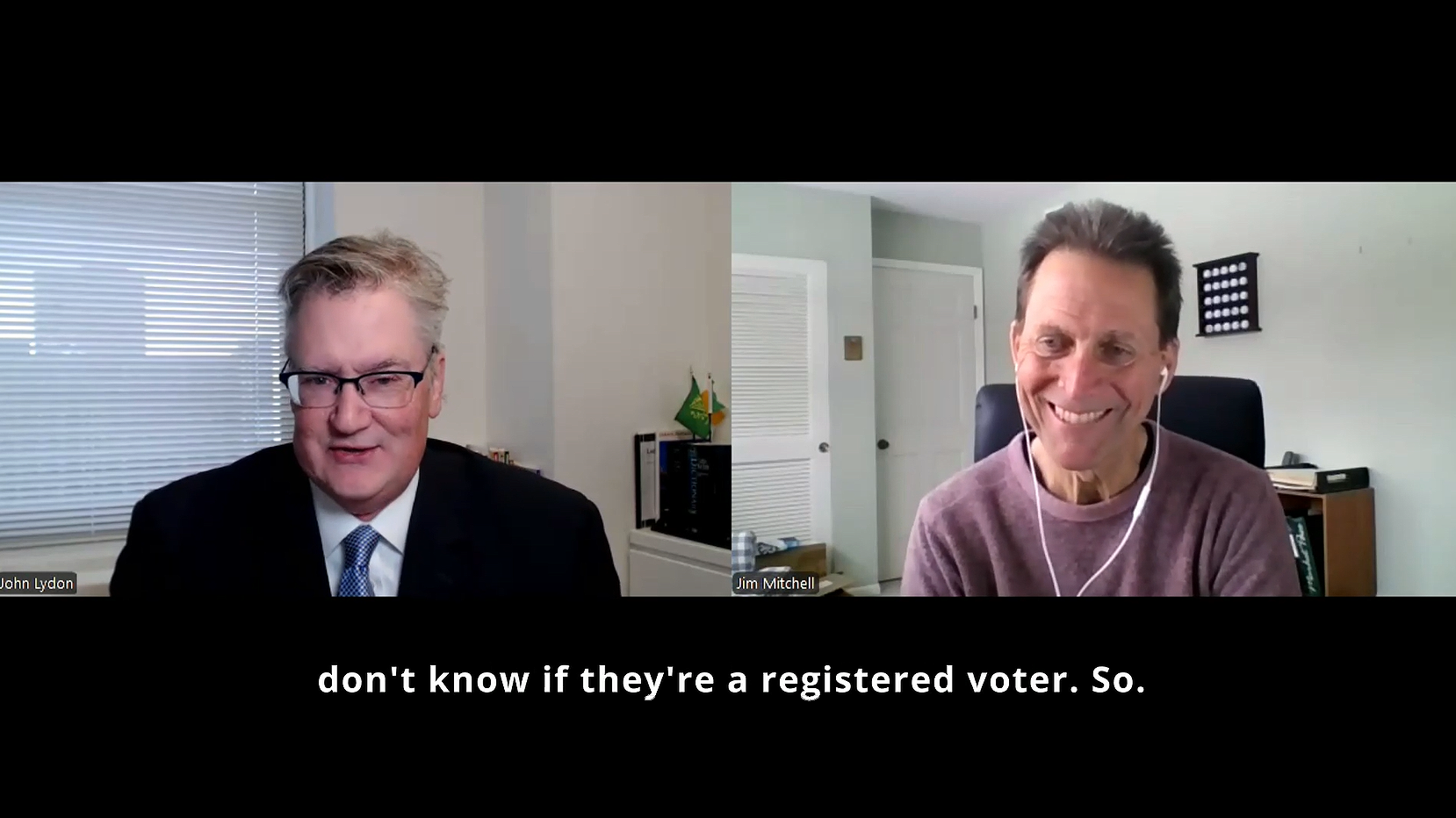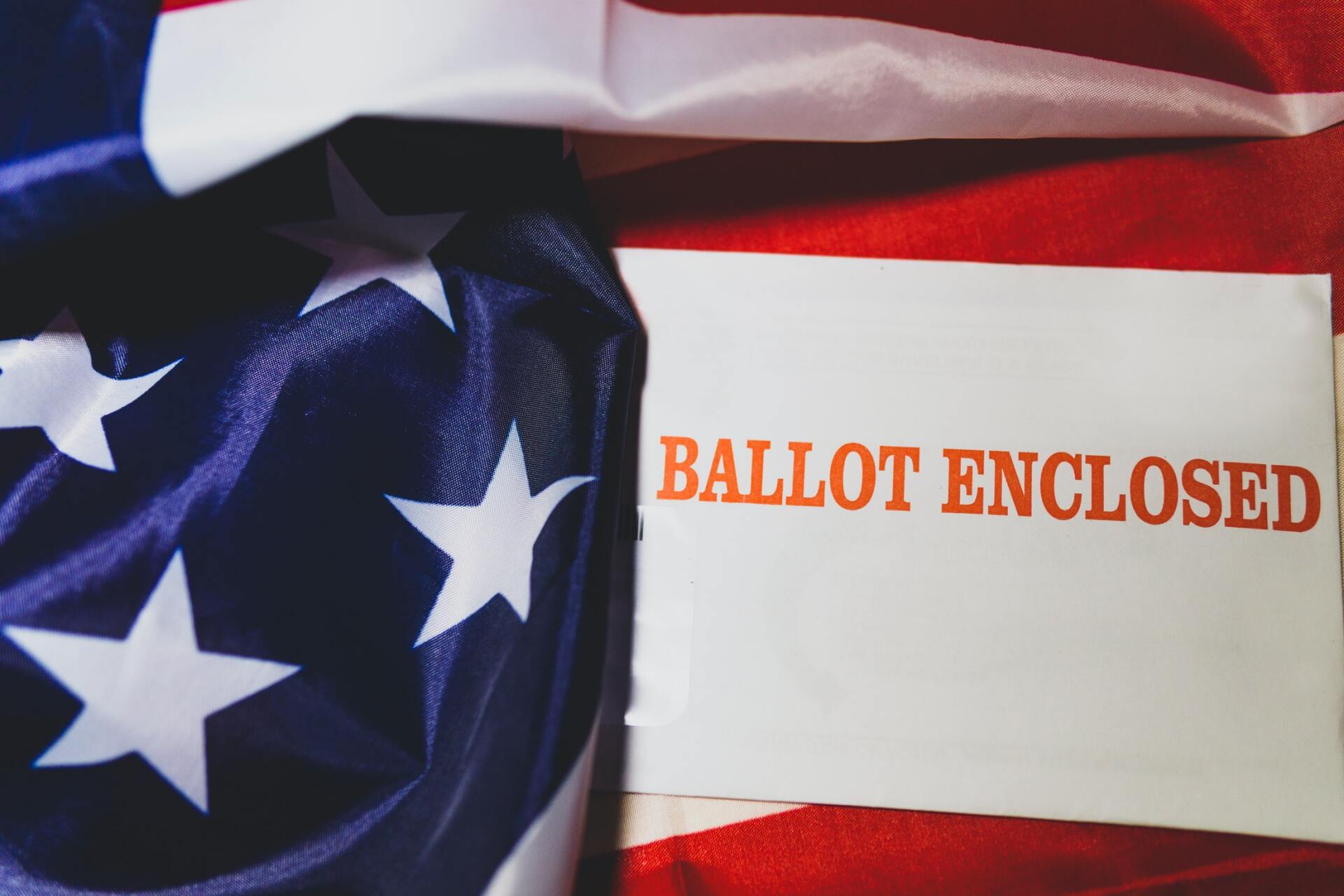ELECTION LAW
The candidates’ choice for legal guidance
If you are a candidate for local, state or federal office, a visit with the Election Law attorneys at Lavelle Law can set your campaign on the proper course. A thorough election law review begins with the proper filing of your nominating petitions in order to prevent signature challenges and other potential electoral board disputes. During your campaign, you must maintain appropriate campaign disclosure documents and file required campaign financing reports; you may even encounter issues related to Political Action Committees.
With increasing regularity, election law matters arise when there are challenges to election results, ballot canvassing, or election recounts. The Election Law attorneys at Lavelle Law can provide immediate and focused assistance to any election result challenges. Our diverse group of attorneys have held office on a variety of Village Boards, Plan Commissions, Boards of Appeal, and other government entities. We take very seriously the trust you place in us as election law counselors and advisors and are determined to help your candidacy be successful.
Our Services
- Ballot Canvassing
- Campaign Disclosure Consultation and Compliance
- Campaign Finance
- Contested Election Results
- Election Appeals
- Electoral Board Disputes
- Federal and State Election Commission Complaints
- Legal Compliance for Nomination Petitions
- Nomination Petition Appeals
- Nomination Petition Challenges
- Political Action Committees
- Recounts
- Signature Challenges








